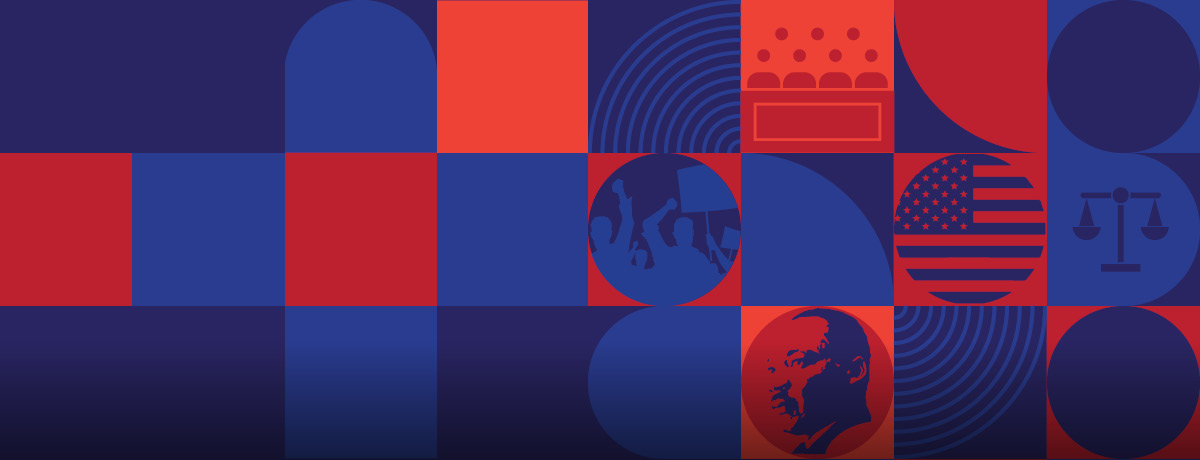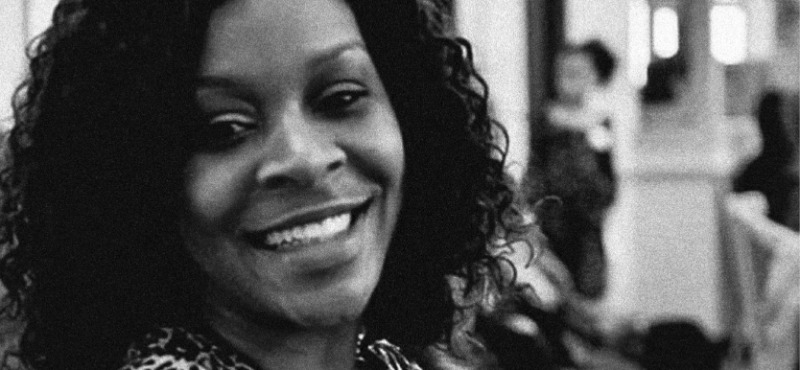This article originally appeared in the January 17,2022, edition of All Rise.
As the nation again observes Dr. Martin Luther King’s legacy this week, nearly 54 years after his martyrdom, it seems appropriate to examine the state of a crucial component of that legacy—civil rights litigation.
Passage of the landmark Civil Rights Act of 1965 opened the floodgates for civil rights lawsuits to defend these new rights, and the volume of cases has been rising ever since. According to one study by the federal court system, the number of civil rights cases filed in federal courts in 2013 rose 27% over the preceding 20 years.
Civil rights cases of course include those involving racial and gender discrimination. But the preponderance of such cases filed in federal court are related to alleged employment and housing discrimination, voting rights and--since the passage of the Americans with Disabilities Act in 1990—accommodations for the disabled.
But Sandy Rosen, a veteran civil rights attorney with the San Francisco-based firm Rosen Bien Galvan & Grunfeld LLP, says the venue for such cases has been shifting. With the plethora of judges added to the federal judiciary in recent years, “more and more of these cases are being brought in state courts,” where judges are often more plaintiff friendly. He notes that Congress has also passed some legislation—like the Class Action Fairness Act of 2005—that makes it harder to win such suits.
“For most civil rights lawyers, if you can figure out how to file in state court, do it,” says Rosen, a graduate of Yale Law School who clerked for the NAACP Defense Fund in the 1960s.
“Plaintiffs’ lawyers are not stupid—they find workarounds,” he says. Civil rights lawsuits “are a cosmic game of chess, and good lawyers are like chess masters—they see ten moves ahead.”
John Ettorre is an Emmy-award-winning writer, based in Cleveland. His work has appeared in more than 100 publications, including the New York Times and the Christian Science Monitor.





















